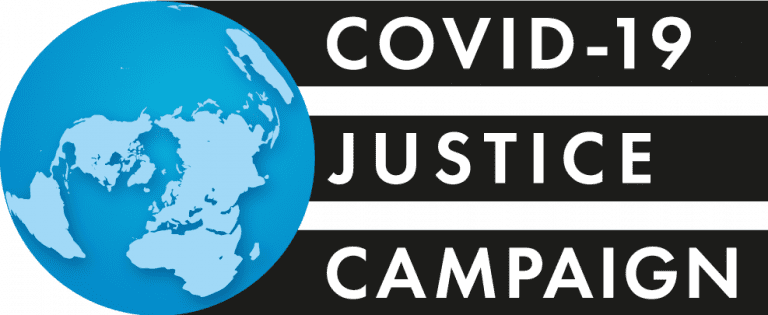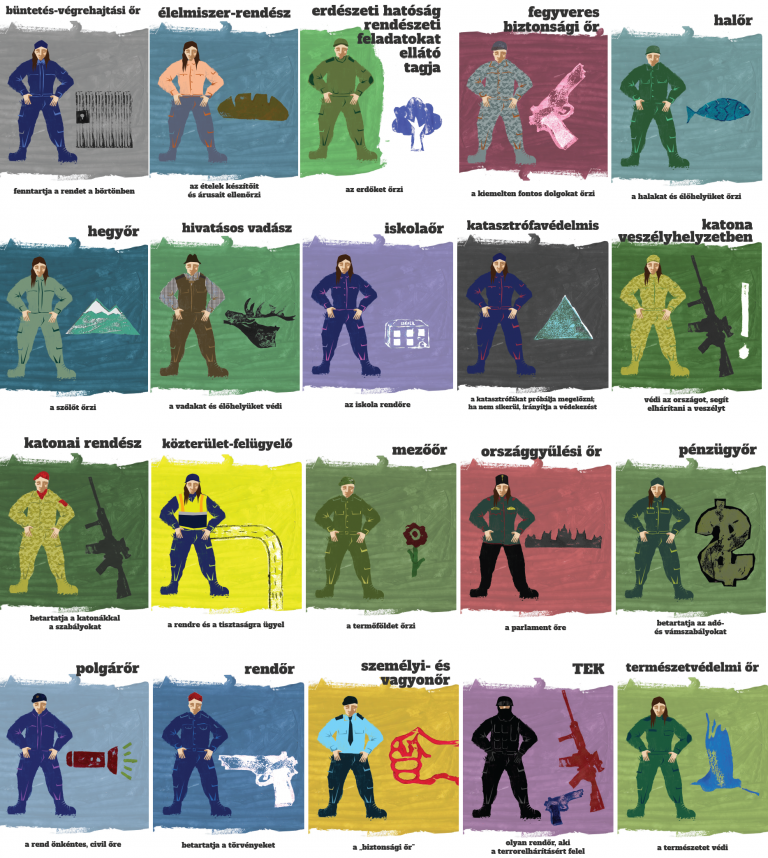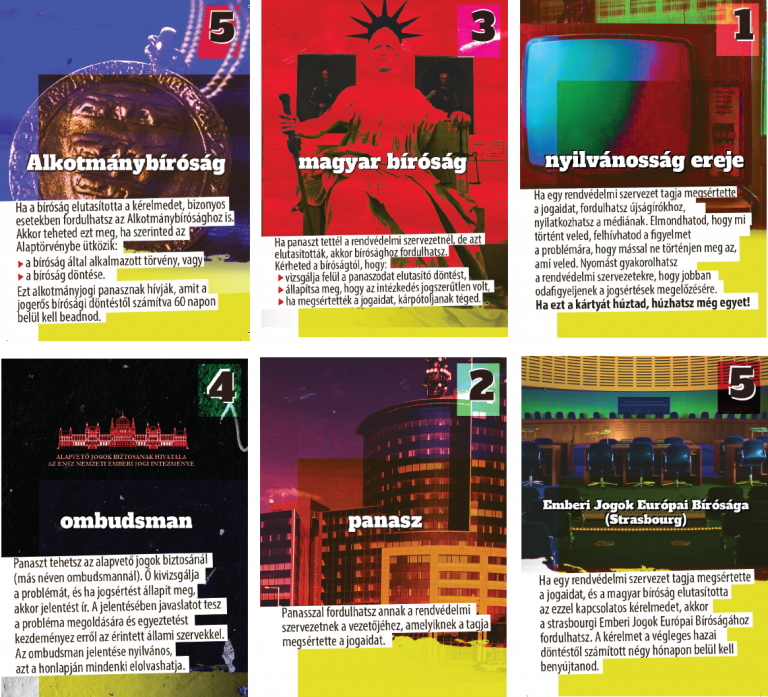COVID-19 Justice Campaign (2020-2021)
Translation is available for this content
Váltás magyarraThe HHC is collaborating with Fair Trials, the coordinator for COVID-19 Criminal Justice Campaign project. It is an international consortium of human rights NGOs researching extraordinary law enforcement powers and increasingly restrictive policing and criminal justice tendencies introduced in the name of public health protection and COVID-19 prevention. The HHC focuses on monitoring and assessing some of the newly introduced practices of remote criminal justice, advocating for the reduction of using coercive measures and pre-trial detention, as well as analysing trends of militarisation under state of emergency legislation. This project supports the understanding of these tendencies, assessing risks and providing tools to help upholding human rights under these circumstances.

Achievements:
- Providing support to resist pre-trial detention orders: We created a sample argument document (in Hungarian) for lawyers to resist pre-trial detention orders. The document contains a section arguing that during the COVID-19 pandemic, incarcerated people are among the most vulnerable to the virus and for the protection of their health-related fundamental rights, it is imperative to not hold them detained, unless it is absolutely necessary.
- Analysing militarisation tendencies:
- Mapping changes and analysing legislative and administrative steps that contribute to militarisation efforts;
- Our research shows how in the past years, the tasks of armed forces as domestic law enforcement authorities have gradually multiplied in Hungary, substantially altering the constitutional role of the Hungarian military. As part of this changed constitutional role, the military has been vested with the right to apply coercive measures against the civilian population of Hungary and has gained general law enforcement powers traditionally belonging to the police. The amplification of the authority of the military was introduced by several consecutive modifications of the laws adopted by the one-party dominated parliamentary majority. See our full research report in Hungarian.
-
The research has pointed out to us that there are various authorities exercising the state’s monopoly of violence, and it is unclear to what extent each of them are vested with the right to apply coercive measures against the population. We created a unique gamified know-your-rights tool, a plain language card game introducing twenty of these authorities, such as the counter-terrorism agency, the police, and even “field guards”. The card game also introduces the most important human rights bodies to turn to when an authority violates someone’s basic human rights. By having this unique card game, HHC now has a tool to provide long-term support in its effort to educate society on their rights when they encounter authorities, and to explain remedies for victims suffering a human rights violation by these authorities.


- Remote justice analysis: We have conducted legal analysis and empirical research to assess how the introduction of remote hearings affects criminal procedural rights (risks and benefits) and assessing possible mitigating solutions to harmful practices. Read our research report’s executive summary in English, and our full research report in Hungarian.